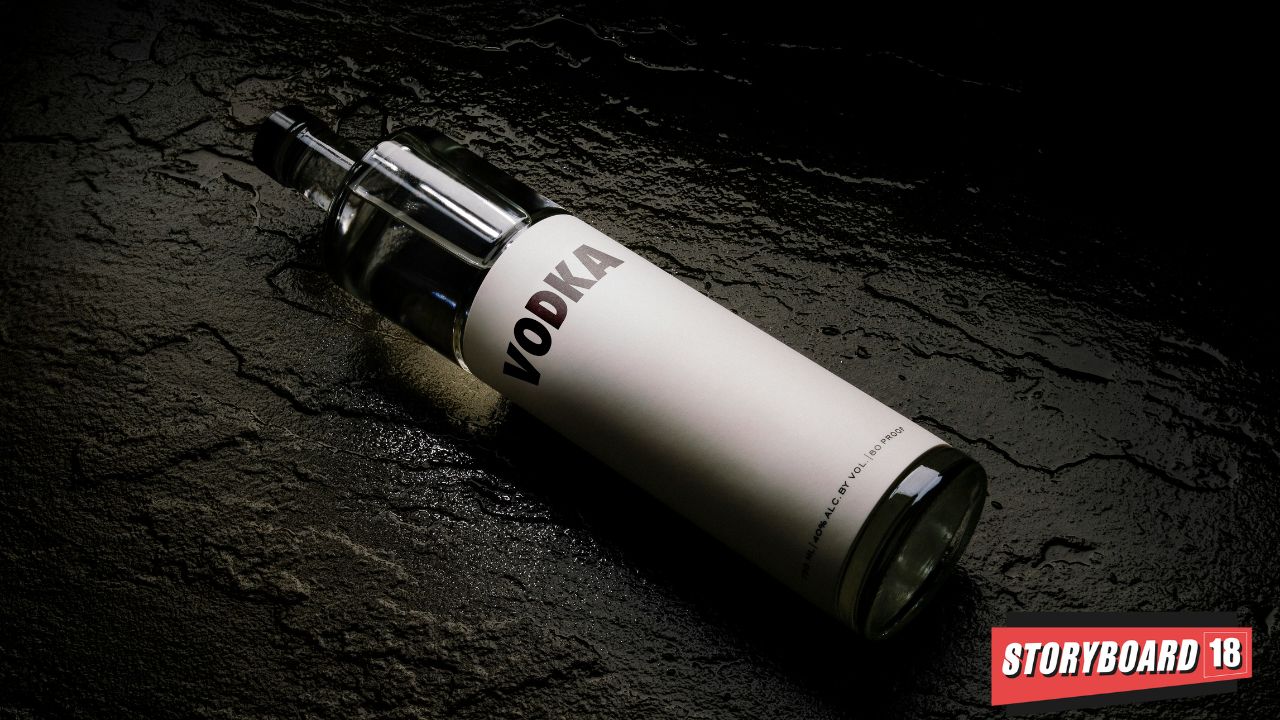The Central Consumer Protection Authority (CCPA) is working on new regulations to prevent businesses from using corporate social responsibility (CSR) activities as a way to indirectly promote restricted products like liquor and tobacco. Reports indicate that the CCPA is preparing draft guidelines that will establish clear boundaries around surrogate advertising.
The new regulations aim to curb the practice of brands exploiting CSR initiatives and sponsorships to promote goods that are otherwise prohibited from advertising, Mint reported. According to media reports, any promotional activity, including CSR campaigns, that implies a link to a restricted product will be categorized as surrogate advertising. This also extends to the use of brand names, logos, color schemes, and layouts typically associated with banned products.
Earlier Storyboard18 reported that the Department of Consumer Affairs (DoCA) has finalized the public draft for these surrogate advertising rules. The guidelines, which are expected to be released between October and December, are designed to clarify the scope and enforcement of surrogate advertising laws.
Currently, the CCPA has regulations in place to address surrogate advertising. In its December 2022 guidelines for the ‘Prevention of Misleading Advertisements,’ the authority prohibited any ads that suggest a link to products or services whose advertising is legally restricted. However, there is an exemption allowing brands linked to prohibited goods to promote other products, provided it does not violate the guidelines. This exemption has raised concerns about the clarity and enforcement of the rules, with the CCPA continuing to identify violations, especially among liquor brands.
To strengthen its efforts, the CCPA is also drafting new rules aimed at preventing celebrities and influencers from promoting alcohol and tobacco products through surrogate advertising. Reports suggest that under these proposed rules, celebrities and influencers could face fines up to Rs 50 lakh for violating surrogate advertising restrictions. The penalties would include a Rs 10 lakh fine for a first violation, with subsequent violations carrying fines of Rs 50 lakh.
Prior to this, ASCI last year reported 82 commercials of direct alcohol ads and 65 commercials of vaping and e-cigarettes to various authorities for further action.
